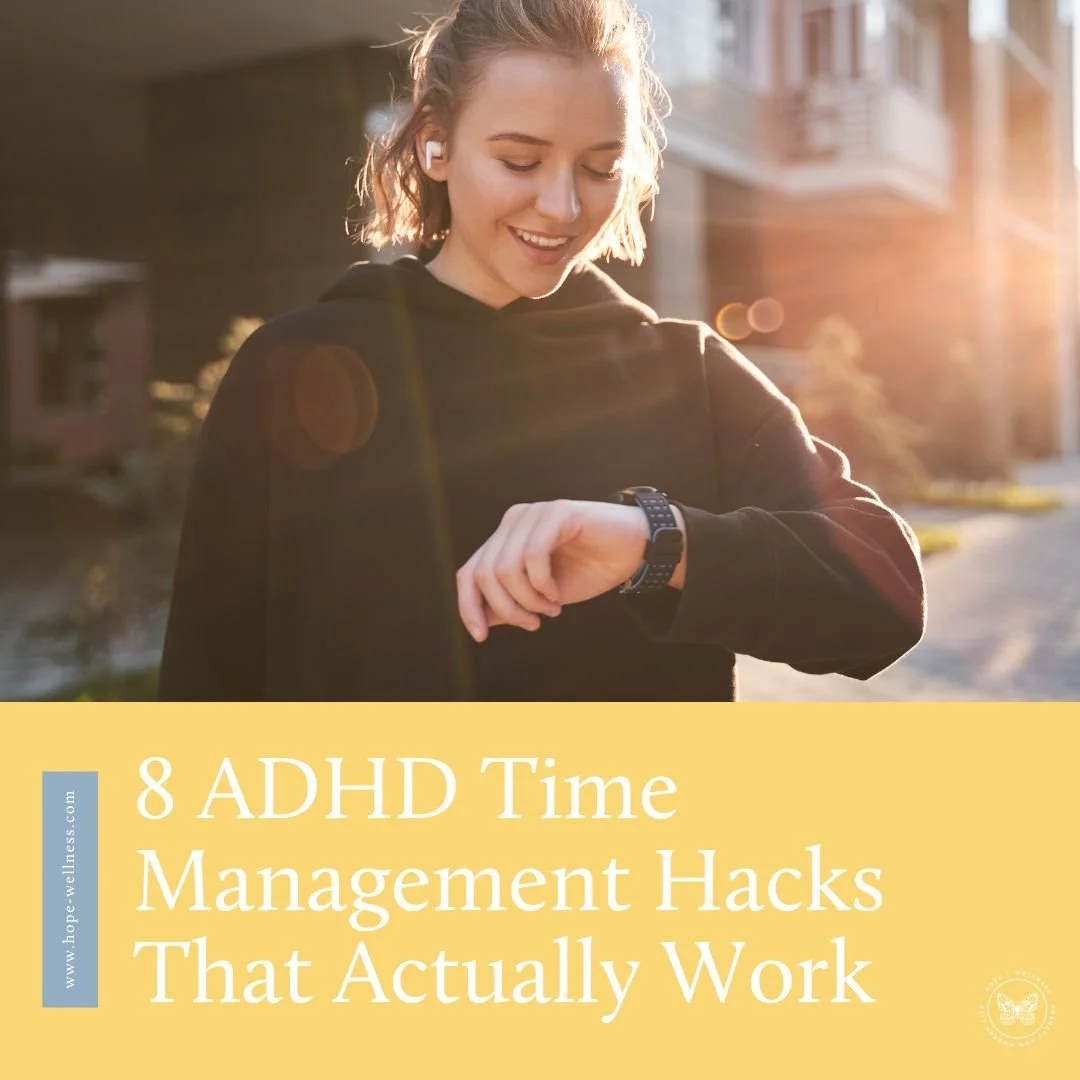Ways to Cope with Depression After Pregnancy Loss
For many women, pregnancy can be a really uncertain time - excitement, fear, anxiety, hope all come into play. Many pregnancies do lead to healthy babies, but unfortunately, that’s not the reality for everyone. Although it’s still considered culturally taboo to discuss pregnancy loss, the truth is that not all pregnancies end with a healthy infant. It’s hard to imagine an unsuccessful pregnancy, but roughly 10-20% of pregnancies end in miscarriage.
Pregnancy loss can mean a couple of different things. Most commonly, it means a pregnancy that ended in miscarriage or stillbirth instead of a healthy, living infant. The difference between a miscarriage and a stillbirth is based on the number of weeks into the pregnancy. A miscarriage is defined as a pregnancy loss before 20 weeks of gestation. Stillbirth is defined as fetal death after 20 weeks of pregnancy.
The reasons for pregnancy loss aren’t always understood, which can make the experience even more devastating. Some of the factors thought to be involved are genetic defects, viral or bacterial infections, hormone imbalances, and autoimmune disorders. However, much of the time there isn’t an easy answer as to why the pregnancy was lost. Losing a pregnancy is often a life-changing event for a person, and makes sense that after such a serious loss, depression may develop.
In our culture, talking about pregnancy loss is seen as a no-no, which can make the experience even more lonely. The idea seems to be that since the pregnancy did not come to term, that there is not as much to be sad about, which is of course not true. Some common responses to hearing about a pregnancy loss are, ”It was meant to be,” “You can always try again,” “It’s better that it happened early,”. Most people who say these things don’t intend to be cruel, but these statements can minimize the grief and sorrow that the person is feeling.
Because this type of loss is often minimized, many folks are left to get through it alone or only with their partner to lean on. People expect folks to bounce back after this type of loss faster than other types for some reason, and it can put a lot of pressure on the grieving parties.
If you or someone you know has experienced pregnancy loss, here are some symptoms of depression to look out for:
Feeling hopeless all the time
Sleep problems (sleeping too much or not enough)
Changes in appetite
Sudden irritability or outbursts of anger
Constant anxiety
Panic attacks
Feelings of guilt
Feelings of worthlessness
Difficulty with making decisions
Problems remembering things
Suicidal thoughts
Women are not the only ones to feel depression after pregnancy loss. Research says that men also experience depression as a result of pregnancy loss, but on average, men recover from this depression more quickly than women.
While there is no tried and true recipe for moving through grief, there are some ways to support yourself or a loved one after a pregnancy loss.
Medication
Depression is a serious condition, and sometimes it can only be treated with medication. There is nothing shameful about taking medicine for your mental health, just as there is nothing shameful about taking allergy medicine when you have allergies. Medication can be an extra leg of support for you as you work through this loss.
Therapy
Therapy is an opportunity to work through your feelings about this loss. If you want, you can search for a therapist you can see with your partner. If you’re not up for seeing someone in person yet, there are many opportunities for online therapy so you can get the help you need where you are.
Be gentle with your body
You might feel out of touch with your body after this experience, and that’s okay. Do your best to look after your body with kindness during this time. Nourish it with foods that appeal to you and make you feel good. Move your body if that feels good to you. Try to establish a sleep routine to make sure you get enough rest.
Find a Community
Community can be invaluable after a loss. Knowing that others have gone through what you are experiencing can help you feel less lonely. You won't have to justify your feelings or your pain to anyone there, and you can lean on each other when you need to.
If you or someone close to you is struggling with suicidal thoughts, please call the National Suicide Prevention Lifeline at 1-800-273-8255. For more support in recovering from pregnancy loss, the counselors at Hope+Wellness can help. Contact us today to get started.
therapist in falls church, mclean, tysons corner, merrifield, arlington and vienna, va
Hope+Wellness is a psychotherapy practice serving the Falls Church, McLean, Great Falls, Vienna, Arlington, Alexandria, and the greater Washington DC region. We provide individual therapy to children, teens, and adults with stress, anxiety, and depression. Our practice is in-network with BCBS and provides Cognitive Behavioral Therapy (CBT), mindfulness and acceptance based therapies, and other top, premier evidence-based treatments. Call, email, or schedule an appointment with us online today. We’re happy to help!










It can be hard to show up for yourself–much harder than we may think. We have a lot of demands on us, a lot of noise we have to work through to even figure out how to show up for ourselves.
So how do you do it? We’ve gathered 6 resources to help you show up for yourself in small, but crucial ways.